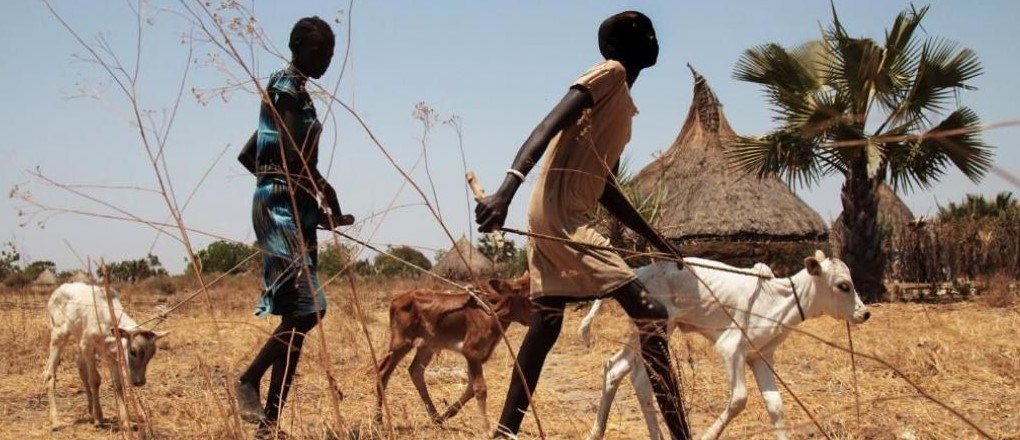Unity State Governor Justice Riek Biem on Wednesday banned child and forced marriages across the seven counties of the state.
Addressing journalists after a 20-year-old woman was beaten to death by her father over a disagreement over forced marriage in Guit County, the Governor said the ban applied across the genders.
He said Unity State was among the worst affected by forced and child marriages since South Sudan’s independence.
The Governor attributed the menace to the mass ignorance of the individual rights across the seven counties.
“I am informing the communities in all the seven counties to report any cases of child or forced marriage to the State headquarter for investigations within 24 hours,” he said.
“I am the Governor of this State and I declare today; let us take our boys and girls, to school to enjoy the benefits of education. That is the only way we can promote gender equality in our State,” he added.
Speaking to Radio Tamazuj, Bentiu resident James Gatdet welcomed the ban, describing it as a step in the right direction.
He urged the Governor to also ban the blood money compensation for killing offences.
A resident at the Bentiu IDP camp, Nyakume Peter Puok said it was now time of girls and boys in Unity State to go to school.
On Tuesday, a 20-year-old girl was beaten to death by her father in Kuerbowni Payam of Guit County. The incident happened following a disagreement over a forced marriage arrangement.
The deceased was identified as Nyahok Wanbul Thore.
Many families in South Sudan forcibly marry off their daughters for dowry – including girls who are under the age of 18.
Some 52 per cent of South Sudanese girls are married by the time they are 18, according to a 2017 UNICEF study.
Article 15 of the South Sudan constitution stipulates that any person of marriageable age has the right to form a family and Article 17 guarantees women and girls the right to consent to marriage.
The constitution also defines a child as anyone under the age of 18, and further states that the best interests of the child will be protected in all matters related to his or her life.




